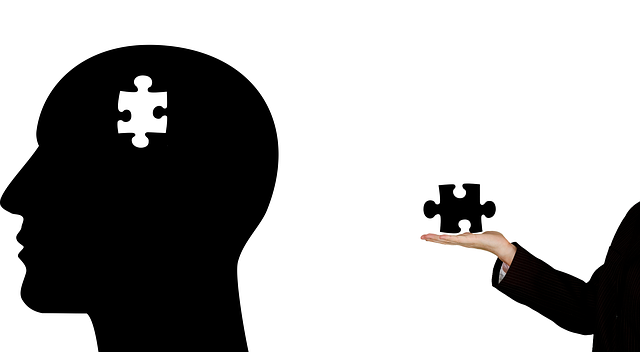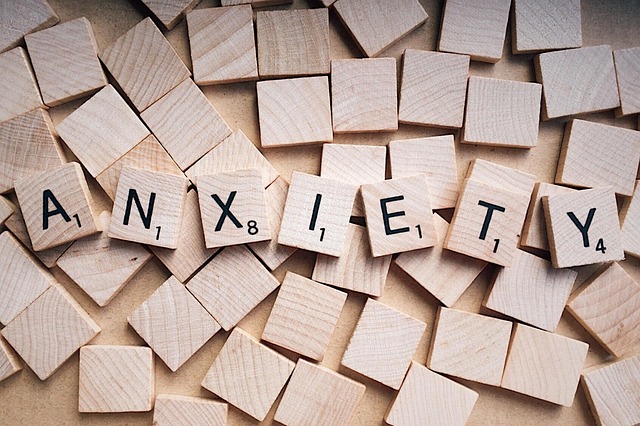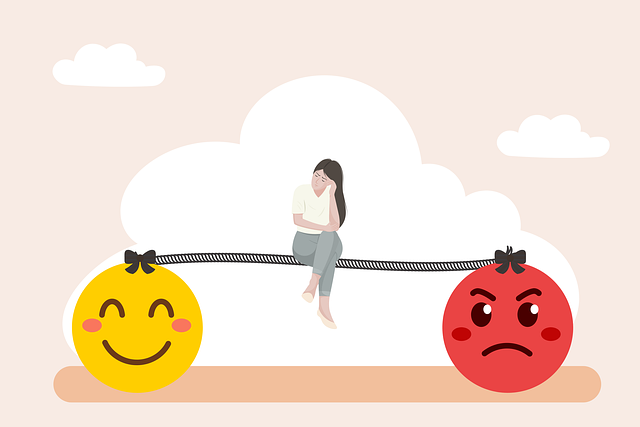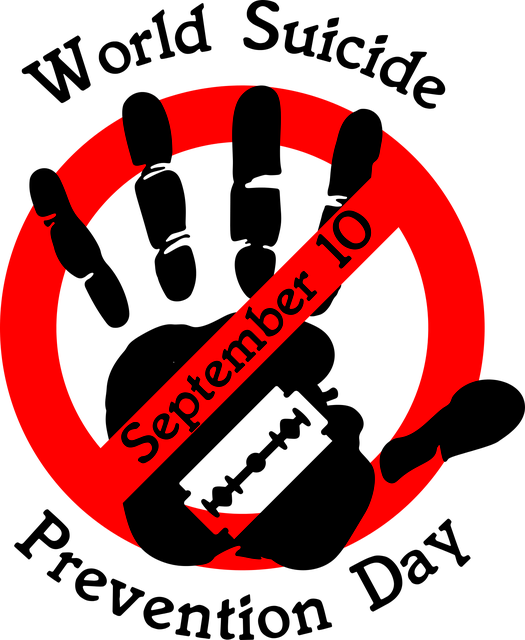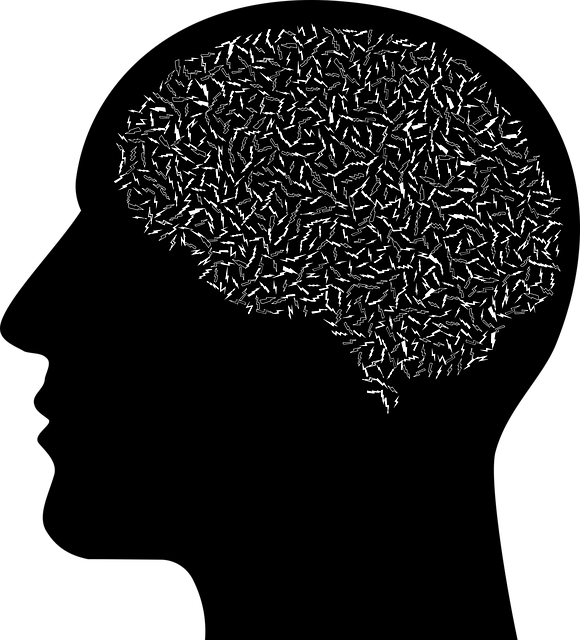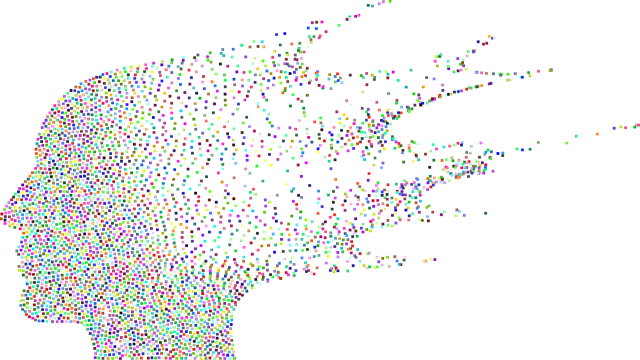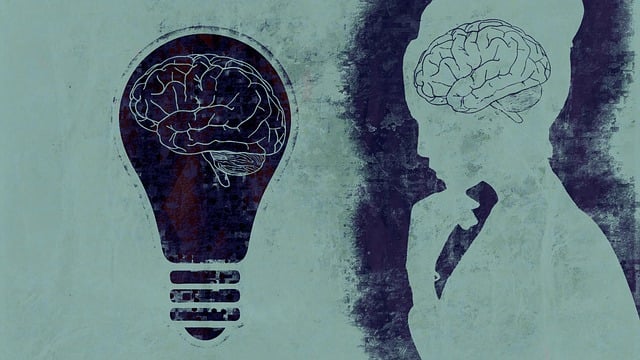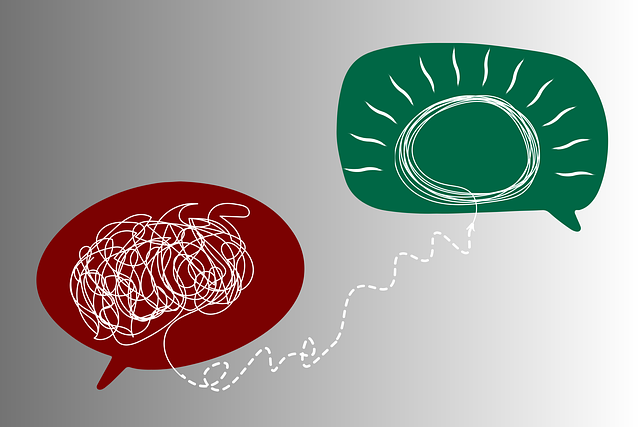Mental Health Crisis Hotlines offer vital support to teens through immediate assistance, safe spaces, and evidence-based therapy like CBT. These services empower young individuals to develop self-care routines, enhance emotional intelligence, and build inner strength, aiming to prevent future crises and promote long-term emotional well-being.
“In times of mental health crisis, access to immediate support can be a lifeline. Mental Health Crisis Hotline services play a pivotal role in providing emergency assistance and guidance to individuals in distress. This article explores the critical function of these hotlines, focusing on Cognitive Behavioral Therapy (CBT) as a powerful tool for adolescent teens. We’ll delve into understanding crisis hotlines, their CBT applications, and practical steps to access these invaluable resources, offering hope and healing during challenging times.”
- Understanding Mental Health Crisis Hotlines
- The Role of Cognitive Behavioral Therapy (CBT) in Teen Support
- Accessing and Utilizing These Lifesaving Resources
Understanding Mental Health Crisis Hotlines

Mental Health Crisis Hotlines serve as vital support services, offering immediate assistance and guidance during intense emotional or psychological distress. These hotlines are designed to provide a safe space for individuals to connect with trained professionals who can offer expertise in various therapeutic approaches. One evidence-based method gaining prominence is Cognitive Behavioral Therapy (CBT), which helps users identify and change negative thought patterns contributing to their crisis.
By facilitating open conversations, these hotlines empower users to develop self-care routines fostering better mental health and enhance their emotional intelligence—the ability to recognize and manage one’s own emotions and understand those of others. Moreover, they encourage inner strength development, equipping individuals with the resilience needed to navigate future challenges effectively.
The Role of Cognitive Behavioral Therapy (CBT) in Teen Support

Cognitive Behavioral Therapy (CBT) plays a pivotal role in supporting teen mental health crisis hotline services. This evidence-based therapy for adolescent teens focuses on identifying and changing negative thought patterns and behaviors, empowering young individuals to manage their emotional challenges effectively. CBT incorporates mind over matter principles, teaching teens coping strategies tailored to their unique experiences and needs. By addressing underlying cognitive distortions and promoting healthier thinking, CBT helps adolescents develop resilience, enhance emotional regulation, and cultivate a more positive outlook.
Cultural sensitivity in mental healthcare practice is seamlessly integrated into CBT sessions for teen support. Understanding the impact of cultural background on mental health experiences allows therapists to adapt their approach, ensuring that care is inclusive and respectful. This tailored therapy not only addresses the immediate crisis but also fosters long-term emotional well-being by strengthening teens’ ability to navigate life’s challenges, thereby reducing future mental health crises.
Accessing and Utilizing These Lifesaving Resources

Accessing these lifesaving resources is a crucial step towards mitigating mental health crises, especially for adolescent teens grappling with emotional turmoil. Hotline support services are designed to provide immediate crisis intervention guidance, offering a safe space to express feelings and concerns. Many of these hotlines employ trained professionals who can deliver effective therapy techniques, such as Cognitive Behavioral Therapy (CBT), tailored to individual needs.
Utilizing these services is straightforward; individuals can reach out via phone or online platforms at their convenience. The anonymity and accessibility encourage honest communication, fostering an environment conducive to burnout prevention and stress management. Whether someone is experiencing a fleeting moment of distress or requires prolonged crisis intervention, hotline support staff are equipped with the tools and training to offer immediate assistance and connect them with ongoing care options, including referrals for specialized therapy services like CBT tailored to adolescents.
Mental health crisis hotlines play a vital role in providing immediate support and guidance to adolescent teens experiencing emotional distress. By offering confidential and accessible resources, these services empower young individuals to seek help without stigma. Integrating cognitive behavioral therapy (CBT) as a key component further enhances their effectiveness, equipping teens with coping strategies for long-term mental well-being. Accessing these lifesaving resources is simple, ensuring that no one faces a crisis alone.


